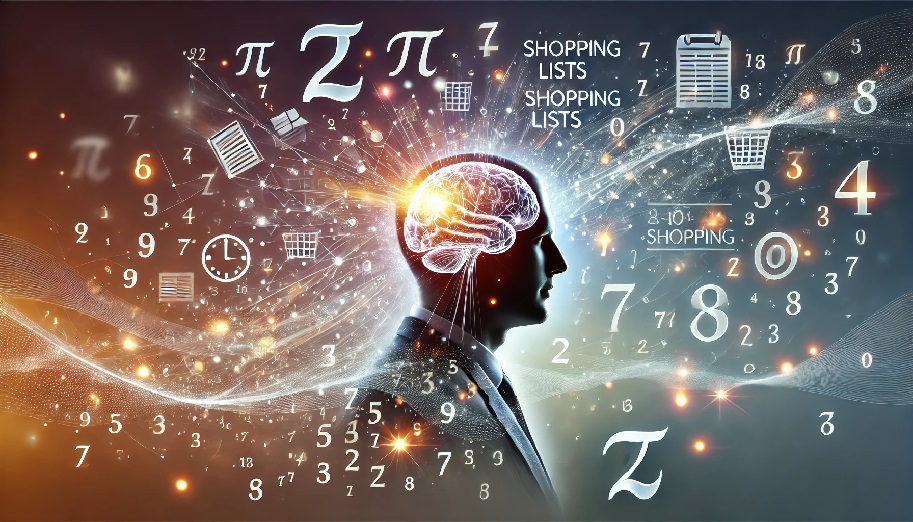Understanding the Complexity of Human Memory
We often think of human memory as simply “good” or “bad.” However, some people struggle to remember names and faces but excel at learning foreign languages. Others can recall past events in detail but have trouble memorizing phone numbers. These contradictions highlight the complexity of human memory.
Memory consists of various systems supported by neurobiological structures, which are activated depending on what and how we learn. For example, learning a new language involves different mechanisms than memorizing scientific facts. This complexity makes it difficult to offer universal recommendations for improving memory in educational settings.
Declarative Memory and Mnemonic Techniques
One type of memory is declarative memory, which allows us to consciously store facts, dates, names, events, and concepts. Methods to improve this type of memory, especially those based on mnemonics, can be developed with long-term practice.
Mnemonic techniques, such as the method of loci, help link objects to specific locations. For example, to remember a shopping list, you can mentally picture your route to work and “place” each item along the way. This method activates areas of the brain responsible for spatial orientation.
The effectiveness of mnemonics is based on three principles: connecting new information to what you already know, creating a pathway for quick retrieval, and consistent practice. Research shows that training your memory to recall large amounts of data—like the digits of pi—can significantly improve your learning abilities.
Limitations and Deeper Processing
However, mnemonics aren’t suitable for all types of information. In school, they work well for memorizing lists but are less effective for more complex material. Improving memory isn’t just about the desire to learn, but also about how you process information. Deep processing, which involves linking new data to existing knowledge, makes it easier to remember new information. Scientists call this process semantic encoding.
Retrieving Information and Practical Tips
Being able to retrieve information from memory is just as important as storing it. Often, people know something but can’t recall it when needed. That’s why it’s important to store “keys” to information along with the information itself, making it easier to retrieve later. Regular practice enhances this process.
In educational settings, understanding how your own memory works is more important than learning specific techniques. The more knowledge and memory skills you have, the easier it will be to absorb new information.



